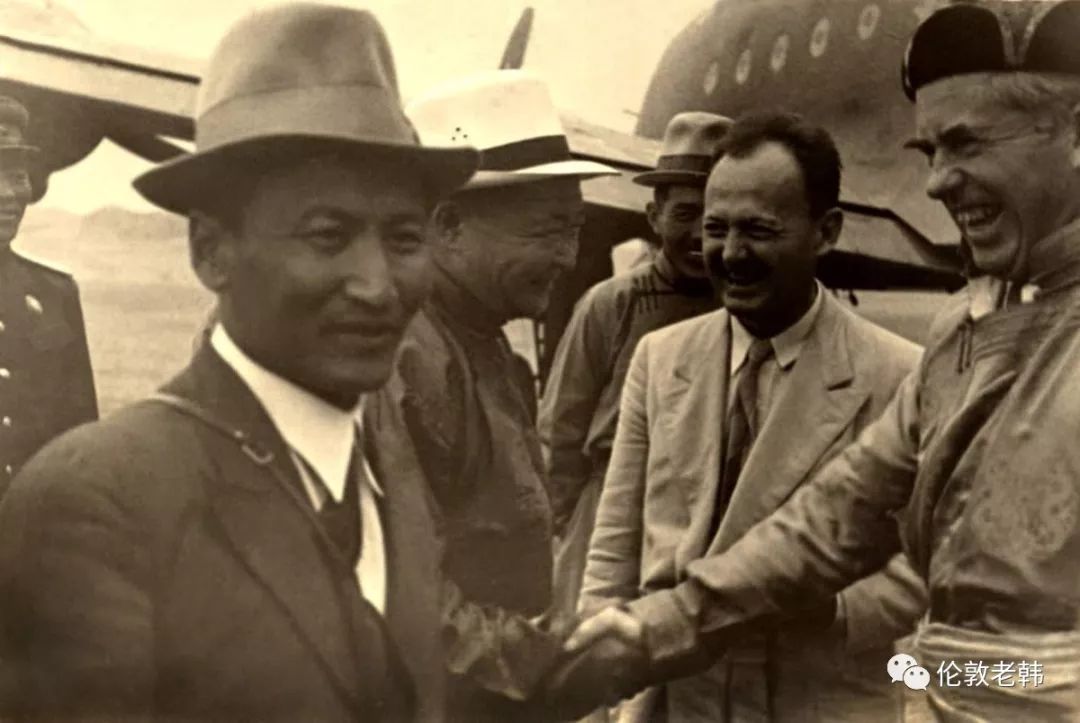
Америкийн дэд ерөнхийлөгч Г.А.Уэльс, Монголч эрдэмтэн О.Латтимор нарыг Маршал Х.Чойбалсан, эрдэмтэн Ц.Дамдинсүрэн нар угтан авч буй нь.
美国副总统华莱士,蒙古学学者欧文·拉铁摩尔1944年到达蒙古人民共和国受到乔巴山元帅和学者达木丁·苏伦欢迎。
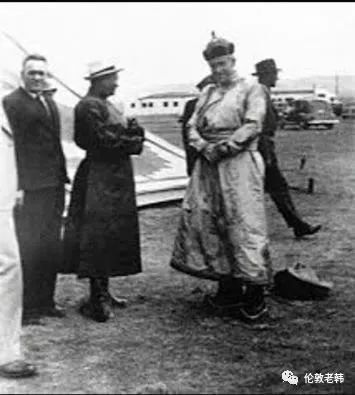
以下是美国国务院1945年雅尔塔会议后的密电,对蒙古情况作了评估。这个被称为杜鲁门文件的密件认为:
中国可能会接受雅尔塔会议上关于蒙古和满洲的协议。
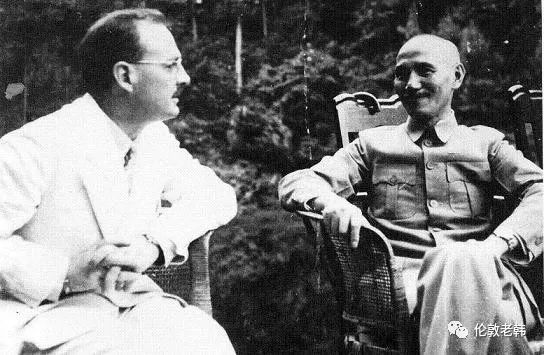
美国蒙古学者拉铁摩尔在中国,曾任蒋介石顾问
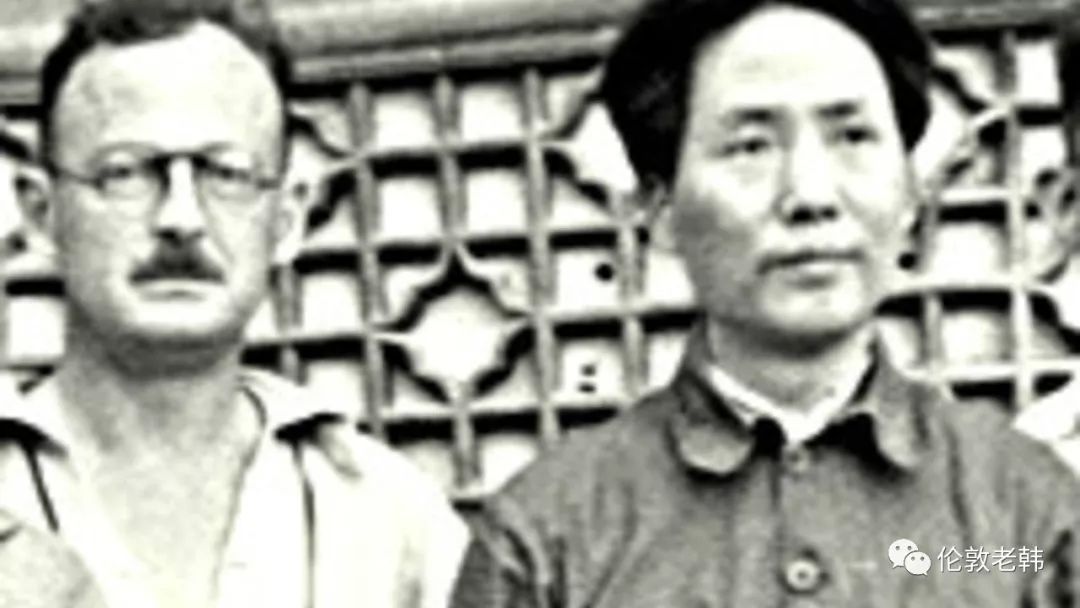
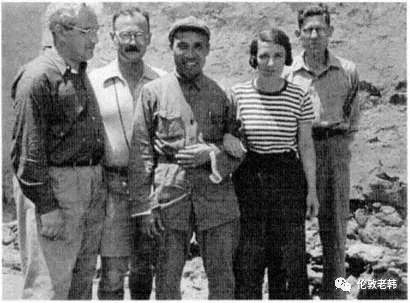
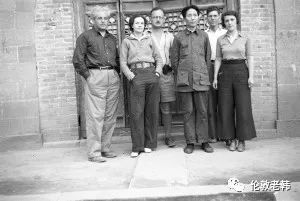
附件中说,中国政府要求所有的蒙古地区,包括蒙古人民共和国,都是中国的一部分。中国1931年的临时宪法规定的政治保护条款规定中国包括(蒙古地方)几个省,蒙古和西藏。虽然中国政府1911年失去了对外蒙古的控制,但中国从来没有放弃对外蒙古的权益。这点也得到俄罗斯的承认。(见1913年11月5日的中俄声明,1915年6月7日恰克塔三方条约的第二条,1924年5月31日的中苏一般原则协议的第5条)
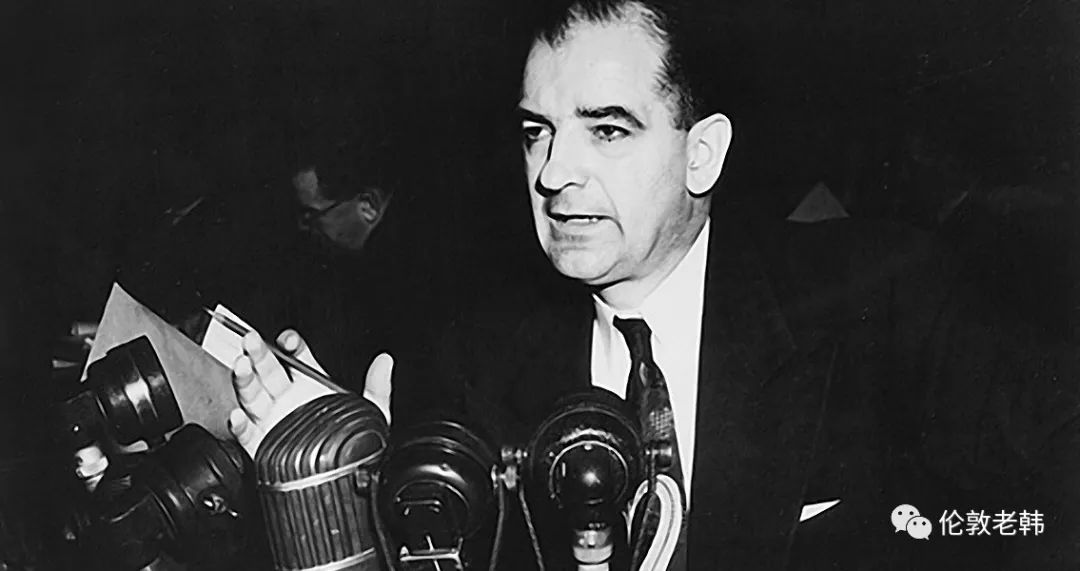
1950年代拉铁摩尔受到麦卡锡调查,麦卡锡参议员指控拉铁摩尔为苏联做间谍
1936年3月12日苏蒙互助条约签订招致了中国的抗议,中国坚持蒙古为中国一部分。
苏联和日本在1941年4月13日发表中立条约的声明:“...苏联承诺尊重满洲国的领土完整和不可侵犯,日本承诺尊重蒙古人民共和国的领土完整和不可侵犯。” 当时这个声明也招致中国的抗议。
苏联的回应是:苏日条约不影响苏联同中国的关系;苏联对蒙古没有领土要求;再次对中国说尊重中国主权;但是蒙古人民共和国有自主地位,有权独立签订条约。
1925南苏联外交委员齐切林说苏联承认蒙古是中国一部分,但拥有自治权,中国不得干涉其内部事务,蒙古可以独立建立同其他方的关系。
蒙古人民共和国在莫斯科的代表没有一般的外交头衔,只被称为“全权代表和商务代表”,这表明蒙古还不是完全独立的国家。
当美国副总统华莱士1944年夏访问乌兰巴托时,并没有获得过蒙古的签证,同样也不需要苏联和中国的旅行许可。当然华莱士访问蒙古事先通知了苏联和蒙古。毫无疑问,这个访问安排再次说明了蒙古的自治地位。
关于苏联蒙古互助条约,(1936年)英国首相在议会回答外蒙古是否是独立国家还是中国一部分的问题的时候,首相宣布,女王政府继续认为外蒙古属于中国主权。
美国在1922年的九国条约中同意尊重中国领土和管辖主权,但是美国设法避免表态,没有表明美国认为蒙古等附属地方同中国其他部分具有不同的地位。美国认为中国从1911年后一直对蒙古拥有实际主权。
但是电文建议,如果今后按照自决原则行事,蒙古很可能独立或加入苏联集团。美国外交官认为,传统上蒙古不喜欢加入中国,喜欢加入俄罗斯/苏联。因此美国应该建议中国政府接受蒙古的独立地位,以此换取苏联政府对中国的好意,加强中国在内蒙古和满洲的地位。
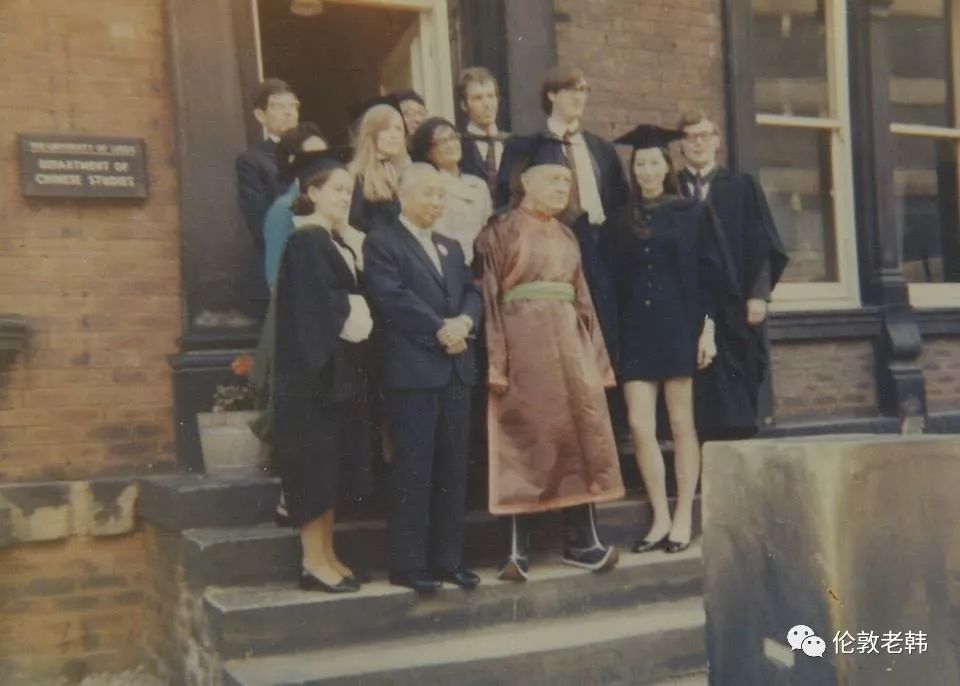
五十年代美国麦卡锡主义令拉铁摩尔移居英国。他在英国利兹大学建立了那里的蒙古中国研究中心。图为受拉铁摩尔指导学生同穿蒙古袍的拉铁摩尔在1970年合影
Truman Papers
No. 579
The Acting Secretary of State to the Secretary of State
top secret
[ Washington ,] July 13, 1945.
Memorandum for the Secretary
Subject: U. S. Interpretation of the Yalta Agreement and Terms Which China Might Appropriately Accept in Regard to Outer Mongolia and Manchuria
The attached memorandum entitled “U. S. Interpretation of the Yalta Agreement2and Terms Which China Might Appropriately Accept in Regard to Outer Mongolia and Manchuria”, has been prepared in pursuance to the suggestion contAined in Ambassador Harriman’s 081800 and your request sent through Admiral Leahy(MR–in–19).3
There is in the Department no copy of the Yalta Agreement or of any records of conversations relating thereto. The attached memorandum has therefore been prepared on the basis of our recollection of its contents.
[Page 865]
You may wish to give special attention to the portions of the memorandum which have been marked in red.4
Joseph C. Grew
[Attachment]
top secret
U. S. Interpretation of the Yalta Agreement and Terms Which China Might Appropriately Accept in Regard to Outer Mongolia and Manchuria
Outer Mongolia. With regard to the interpretation of this Government of the term “status quo” as applied to Outer Mongolia the following facts are pertinent.
The Chinese Government claims all of Mongolia, including the area occupied by the Mongolian People’s Republic, as part of the Republic of China. The present Chinese Provisional Constitution for the Period of Political Tutelage (1931) states that the territory of the Republic consists of the several provinces and Mongolia and Tibet. Although China lost control over Outer Mongolia in 1911, the Chinese Government has never ceased to claim it as an integral part of the Republic, and in the treaties which it concluded with imperial Russia respecting Outer Mongolia and with Outer Mongolia itself China gained from both of them recognition of this claim. (See the note attached to the Sino-Russian Declaration, November 5, 1913;5 Article II of the Tri-Partite Treaty of Kiakhta, June 7, 1915,6 and Article V of the Sino-Soviet Agreement on General Principles of May 31, 1924.7)
China, having gained recognition of its claim to sovereignty from the U. S. S. R., contends that it is the sole government legally competent to regulate the affairs of Outer Mongolia, and it has protested against any agreements made by the U. S. S. R., with or concerning Outer Mongolia. Thus when the Soviet-Mongolian Mutual Assistance Pact of March 12, 19368 was signed, the Chinese Government protested to the Soviet Union that Outer Mongolia was an integral part of the Republic, and that no foreign state might conclude treaties or agreements with it. The Soviet Foreign Office in reply reaffirmed the Soviet Union’s recognition of Chinese sovereignty.
[Page 866]China also protested against the Declaration attached to the Soviet-Japanese Neutrality Pact of April 13, 19419 which stated in part:
“… the U. S. S. R. pledges to respect the territorial integrity and inviolability of Manchukuo, and Japan pledges to respect the territorial integrity and inviolability of the Mongolian People’s Republic.”
The following day the Chinese Foreign Minister10 issued a statement in which he declared:
“The four Northeastern Provinces and Outer Mongolia are an integral part of the Republic and will always remain Chinese territory. The Chinese Government and people cannot recognize any engagements entered into between third parties which are derogatory to China’s territorial and administrative integrity.”*
The substance of this statement was communicated to the Soviet Foreign Office in the form of a protest to which the latter answered that the Soviet-Japanese Pact was solely to insure the security of the Soviet Union and had no bearing on Soviet relations with China.
The U. S. S. R. has not claimed the territory of the Mongolian People’s Republic, and it has repeatedly informed the Chinese that it respects Chinese sovereignty therein. In statements by Soviet officials the view is held that the Government of the Mongolian People’s Republic is autonomous, and able to enter into independent treaty relations. Izvestia, the semi-official Soviet newspaper, in its issue of March 6, 1925 quoted Chicherin, Soviet Commissar for Foreign Affairs, as declaring: “(the U. S. S. R.) recognizes Mongolia as [a] part of the whole Republic of China, enjoying, however, autonomy so far-reaching as to preclude Chinese interference with its internal affairs and to permit the establishment of independent relations by Mongolia”. (Quoted by Louis Nemzer, “The Status of Outer Mongolia in International Law”, American Journal of International Law, Vol. 33, 1939, p. 461.) Statements by other Soviet officials so far as they are available all emphasize the autonomy of the region.
The representative of the Mongolian People’s Republic in Moscow11 does not bear one of the usual diplomatic titles but is called a “Delegate Plenipotentiary and Commercial Representative”, indicating that the Mongolian People’s Republic is not regarded as a fully independent state. When Vice President Wallace visited Ulan Bator
[Page 867]in the summer of 1944 no Mongol visa or other Mongol, Chinese or Soviet document was necessary, although the visit was made with the advance knowledge of the U. S. S. R. and China. Notwithstanding the special consideration doubtless shown to the Vice President of the United States, this is nevertheless an indication of the anomalous status of the Mongolian People’s Republic vis-á-visthe Soviet Union and China.
In connection with the conclusion of the Soviet-Mongolian Mutual Assistance Pact, the British Prime Minister12 was asked in Parliament whether Outer Mongolia (Mongolian People’s Republic) was an independent state or a part of China. He declared that: “His Majesty’s Government continue to regard Outer Mongolia as under Chinese sovereignty; and since the conclusion of the Protocol of the 12th of March, the Soviet Government have declared that in their view the Sino-Soviet Treaty of May 1924 in which Outer Mongolia was recognized as an integral part of the Chinese Republic, is not infringed by the Protocol and retains its force.” (Parliamentary Debates—House of Commons Official Report, Vol. 312, p. 5, May 11, 1936.)
No statement has been issued by the United States Government in regard to Mongolia, or the Mongolian People’s Republic. By the terms of the Nine-Power Treaty of 192213 to which it is a signatory, the United States has agreed to respect the territorial and administrative integrity of China (Article I) and it has been at pains to refrain from any indication that it considered the outlying dependencies of China such as Mongolia in a different status from the remainder of China.
It would thus appear that while de jure China has sovereignty over Outer Mongolia, de facto sovereignty has not been exercised since 1911.
If the future status of Outer Mongolia is decided on the basis of the principle of sub-determination [self-determination?] of peoples, then there is little doubt that that territory would separate itself from China, and as an independent nation or otherwise, enter the Soviet orbit. Mongolians have been traditionally antipathetic to the Chinese and, so far as can be judged, have been willing adherents to Soviet ideologies and influence. In the light of realities of the situation it is believed that the Chinese Government would be well advised to give formal recognition to a situation which has long existed in fact and at the same time endeavor to capitalize upon the good-will of the Soviet [Union] thereby gained to obtain firm commitments from the Soviet Government which will confirm and strengthen the Chinese position in Inner Mongolia and Manchuria.
[Page 868]Such a disposition would not materially affect any substantial American interest.
Manchuria. The Yalta Agreement contains a general provision for the reversion to the Soviet Union of rights in Manchuria formerly possessed by Czarist Russia prior to the Russo-Japanese War. Under sub-headings to this main provision there are certain specific provisions dealing inter alia with the “internationalization” of Dairen and joint Sino-Soviet operation of Manchurian railroads. It is not clear to what extent the specific provisions are to be construed as explanatory to the main provision and to what extent they represent modifications of or limitations on the main provision.
The principal rights enjoyed by Russia in Manchuria prior to the Russo-Japanese War may be summarized as follows:
Leases of Port Arthur and Talienwan (Dairen) (Russo-Chinese Convention of March 27, 1898.14) Lease for 25 years (expiring in 1923), subject to renewal by mutual consent, to the Russian Government of Port Arthur and Dairen. The lease “in no way to violate the sovereign rights of the Chinese Emperor to the leased territory”. Russia to have complete and exclusive enjoyment of the whole area, including the entire military command and supreme civil administration with no Chinese land forces permitted in the leased area. Port Arthur to be used solely by Chinese and Russian vessels. Dairen, with the exception of one of the river bays set apart for the use of Russian and Chinese fleets, to be open to foreign commerce with free entry granted to the merchant vessels of all countries. The Russian Government at its own expense to erect fortification buildings and lighthouses, to maintain garrisons and take steps for defense.
Railways. The Chinese Eastern Railway, constructed in 1897–1901, by the Chinese Eastern Railway Company, was nominally a Russo-Chinese institution but actually almost exclusively, if not entirely Russian, which Company was granted by the Chinese Government exclusive rights of operation. It was provided that 80 years from the date of completion the line would pass free of charge to the Chinese Government, and further that after 36 years from the date of completion the Chinese Government would|have\the right to buy it back.
The Chinese Eastern Railway extended from Manchuli Station in the west across Manchuria to Pogranichnaya on the Ussuri Railway, with a southern branch extending from Harbin to Dairen (Dalny) and Port Arthur. That portion of the southern branch from Changchun (Hsinking) southward was transferred to Japanby the Russo-Japanese [Page 869]Treaty of Peace of 1905.15 The remainder of the Chinese Eastern Railway was transferred to “Manchukuo” in 1936.
The Russians assumed civil administration of the railway zone until 1920. Under the agreement of September 8, 1896, between the Chinese Government and the Russo-Chinese Bank,16 lands necessary to the construction, operation and protection of the railway were ceded to the Chinese Eastern Railway Company, and, according to the Russian (French) text, the company was given le droit absolu et exclusif de l’administration (the absolute and exclusive right of administration or management). The Chinese text of the treaty, however, does not contain this stipulation. On the basis of the French text, interpreting administration to mean administration in the full English sense rather than mere management, the Russians organized within the railway zone, (an irregular strip of land extending for some distance on either side of the railway and embracing Harbin and other cities which developed along the railway), their own civil administration, including courts of justice, police, schools, etc. The Government of the United States has considered that this procedure was an encroachment upon Chinese sovereignty and impaired the extraterritorial rights of American citizens.
The statutes of the Chinese Eastern Railway Company17 provide for a board of management (or board of directors), to consist of nine members elected by the shareholders. The chairman of the board was appointed by the Chinese Government. The vice chairman was chosen by the members of the board from among themselves. Shareholding was limited to Russian and Chinese subjects. It is understood that nearly all of the shares were purchased by the Russian Government. The Chinese were, at the most, allowed an amount of stock sufficient only to afford a right to participate in the election of the directorate. Prior to 1917 the board of directors sat in St. Petersburg. The actual operation of the railway was confided to a manager, who was assisted, and to an extent controlled with respect to important matters, by a council of administration consisting of the manager and his principal assistants. The manager was also | civil governor of the railway zone and as such possessed the most extended powers.
The provisions of the proposed agreements in regard to the ports of Dairen and Port Arthur and in regard to railways, as described in Moscow’s 081750Z,18 are clearly more advantageous to China than would [Page 870]be terms calling for the complete restoration of the rights possessed by Russia in Manchuria prior to the Russo-Japanese war.
On the other hand, the provisions of the proposed agreements are less advantageous to China than would be terms based upon a normal construction, taken by themselves, of the somewhat ambiguous and vaguely worded terms of the specific sub-headings of the main provision calling for the recovery by the Soviet Union of its former rights in Manchuria. For example, the term “internationalization” of Dairen could not of itself warrant the interpretation placed upon it by the Soviet Government in the draft agreement, calling for Soviet predominance in administration, nor would the provisions in regard to the joint Sino-Soviet operation of the railways call for an implementation whereby Russia would have sole ownership and superiority of authority over the Chinese in the management of the railway.
There is an undoubted inconsistency between a Soviet commitment to respect Chinese sovereignty and proposals under which for even a limited period of years Russia would exercise virtual control over the main railways of Manchuria and enjoy predominant administrative rights in Dairen and exclusive administrative rights in Port Arthur. For reasons set forth below, it is believed that there are less disadvantages to be seen in the proposal in regard to Port Arthur than in the rest of the draft agreements which, if carried out in full, would represent a reversion to a situation which was one of the most pernicious foci of imperialism and which we had hoped might be eliminated once and for all, and is therefore disappointing from the point of view of American interests, policy and ideals. Accordingly, if it should be possible for this Government, either singly or in conjunction with Great Britain, to influence the Soviet Government toward a modification in favor of China (and of other countries) of the terms relating to Dairen and the railways, it is believed that we should make the effort. There would seem warrant for such an approach to the Soviet Government on the ground that it was not our understanding of the Yalta Agreement that “internationalization” of Dairen meant transfer of predominant administrative rights to the Soviet Union or that joint operation of the railways called for transfer of exclusive ownership to the Soviet Union and for vesting Russia with a predominant position in management. If through such an approach the Soviet Union could be influenced to make substantial modification in these proposals it would be very welcome from our point of view. At the same time the fact cannot be lost sight of that the National Government of China stands to gain much by Russian participation in the war against Japan and by Russian agreement not to support the Chinese Communists. For these benefits China must be prepared to make reasonable concessions and we should not support Chinese objections to such otherwise reasonable concessions [Page 871]vs are not inimical to American interests or in contradiction of American policy.
The United States has, of course, an important practical interest in trade and commerce in Manchuria which should be safeguarded. In respect to any arrangements which may be made between the Soviet and Chinese Governments regarding Manchuria we should obtain explicit commitments from both governments that the principle of nondiscrimination in international intercourse will be respected in all areas and operations which may be the subject of agreement. We should expect that application of this principle would cover the right of equality of access by the United States to the port facilities of Dairen, the privilege of leasing and purchasing land there for business and residential purposes (a right which was generally denied in practice during the Japanese regime) and the right of free and full use of traffic facilities of the railways.
With regard to the proposed arrangement for Port Arthur, it is believed that the Chinese could afford and would be well advised to grant to the Russians privileges at least no less liberal than those granted to us by Great Britain in connection with the lease of certain naval and air bases in British territory in the Western Hemisphere. For example, in the master agreement comprised in an exchange of notes between the British Embassy and the Department of September 2, 1940,19 it is provided that:
“His Majesty’s Government, in the leases to be agreed upon, will grant to the United States for the period of the leases all the rights, power, and authority within the bases leased, and within the limits of the territorial waters and air spaces adjacent to or in the vicinity of such bases, necessary to provide access to and defense of such bases, and appropriate provisions for their control.”
In the Anglo-American Agreement of March 27, 194120 for the lease of air bases in Newfoundland, Bermuda, Jamaica, St. Lucia, Antigua, Trinidad and British Guiana Article IV specifically grants jurisdiction to United States courts over members of the United States forces, United States nationals, persons not British subjects, and British subjects charged with having committed, either within or without the leased areas, offenses of a military nature punishable under American law including but not restricted to treason, offenses relating to sabotage or espionage, and any other offenses relating to the security and protection of United States bases, establishments, equipment or other property or to operations of the Government of the United States in the territory. While the proposed arrangement for Port Arthur envisages that the port will be under “Soviet administration”, [Page 872]there would not, in the light of all the circumstances, seem to be ground for putting forth objection on our part if the Chinese grant the Soviet Government exclusive jurisdiction within the port area of Port Arthur, whereas the proposals relating to Dairen and the railways as they now stand are open to legitimate objection on the part of the United States and other of the United Nations.

- 上一篇: 乌兰巴托的额吉,听醉了
- 下一篇: 美女敖特根吉日嘎拉新作《Uulen hoh nuudel》优美动听






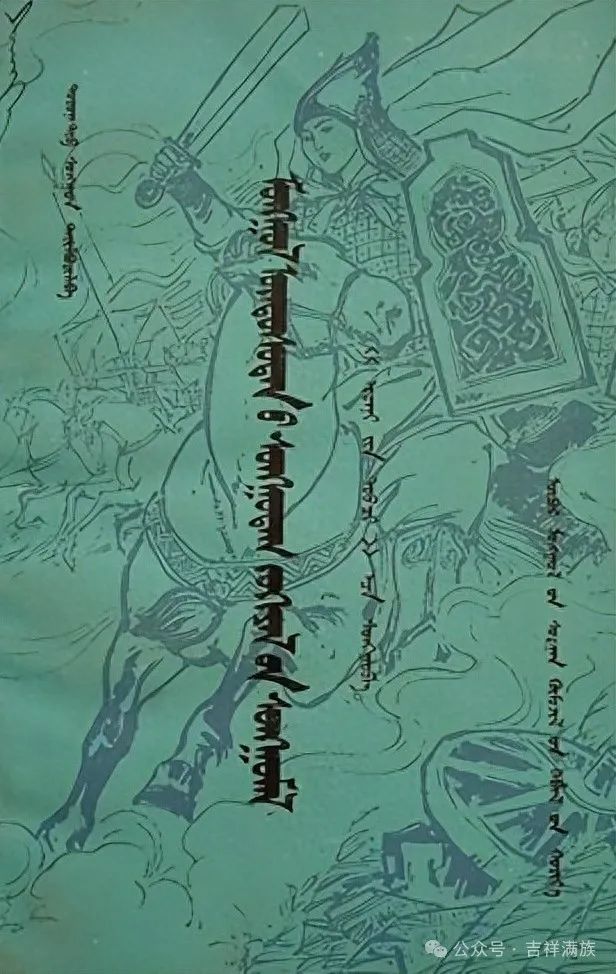



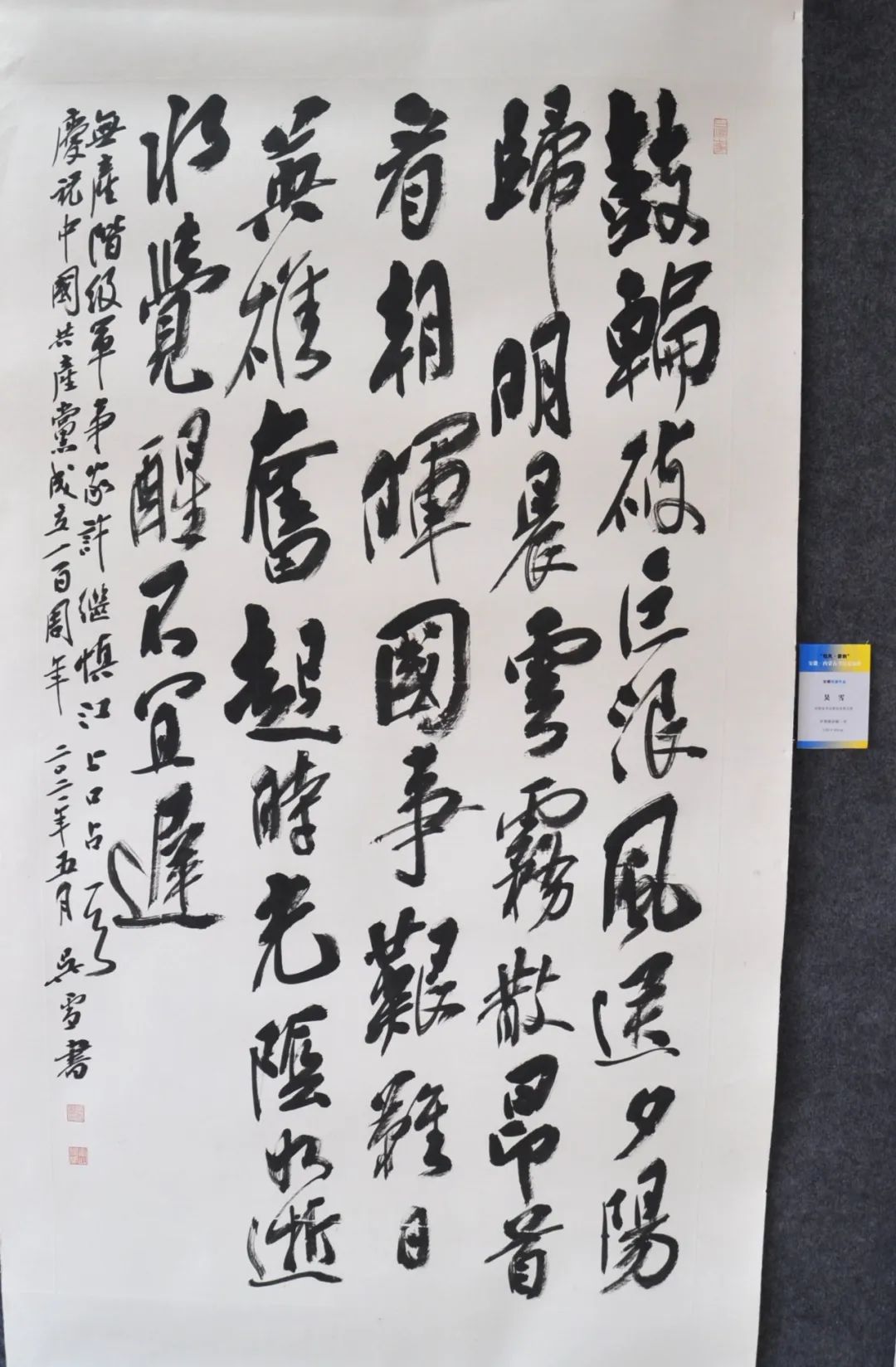

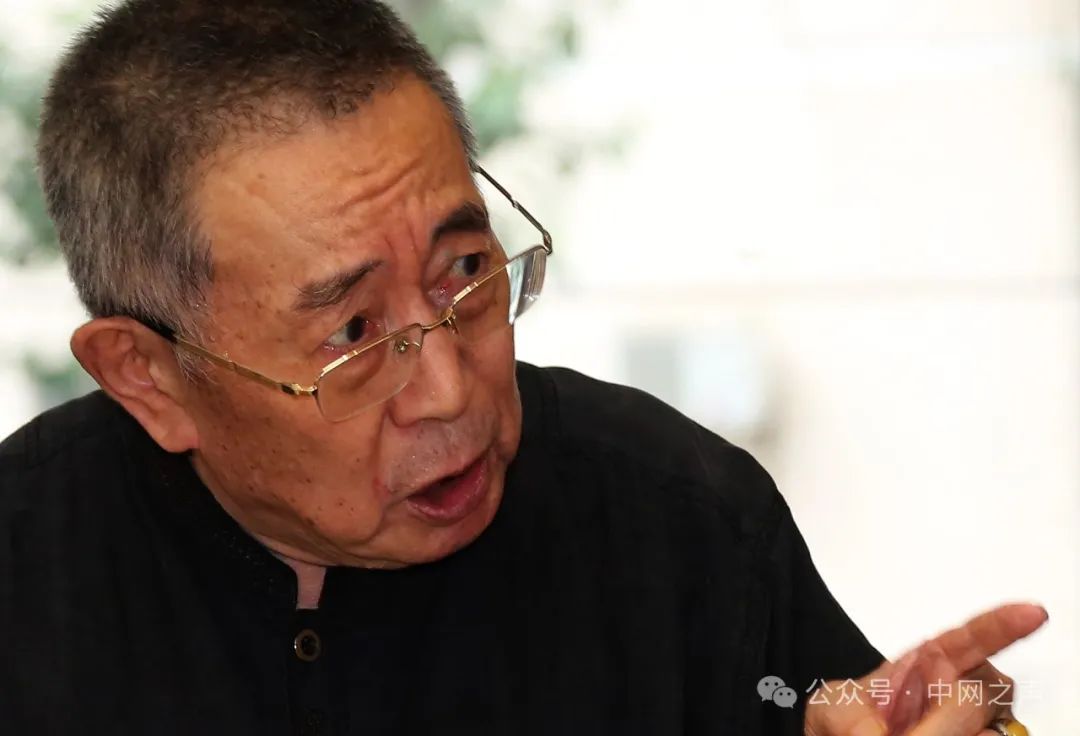
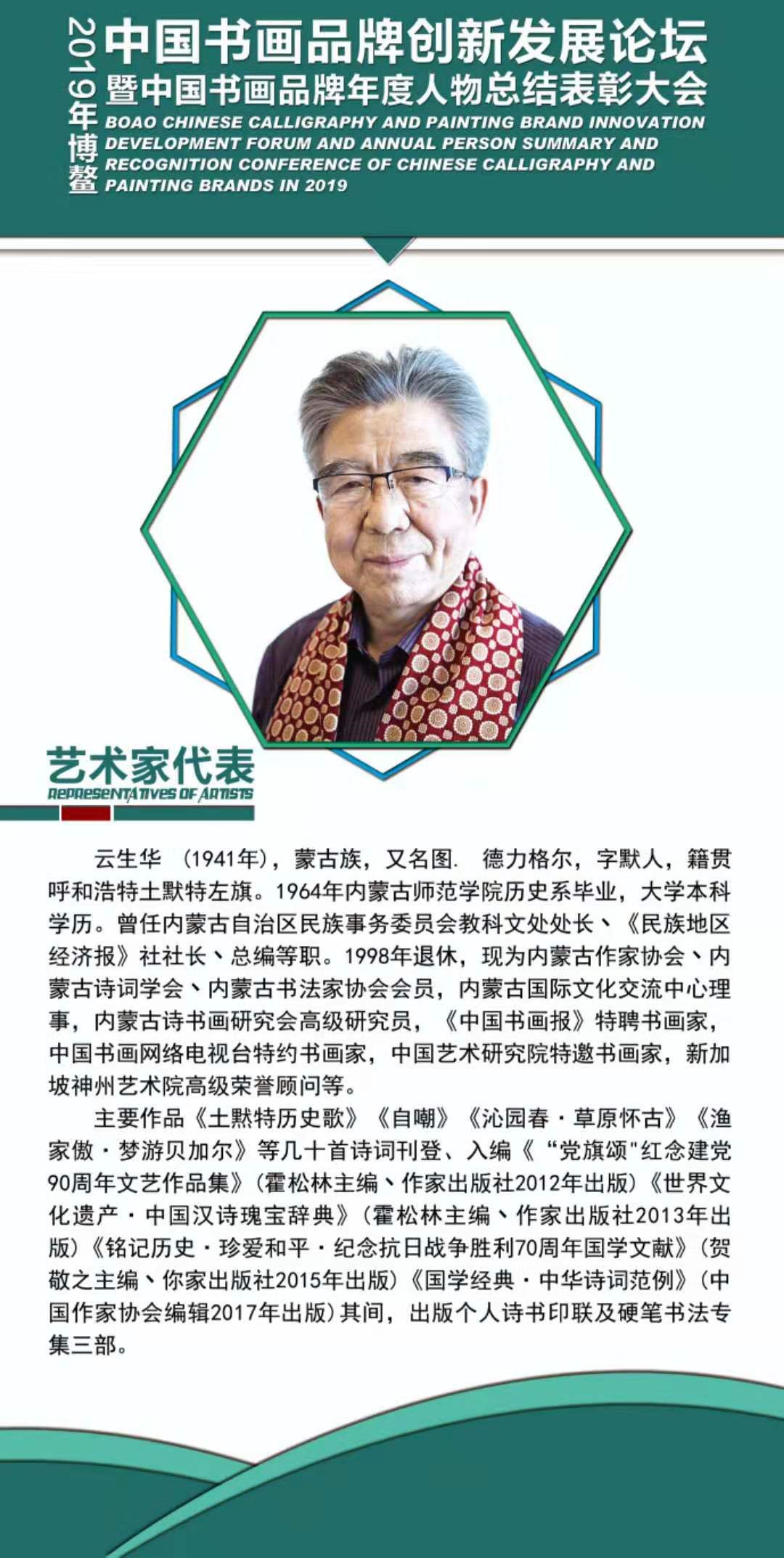




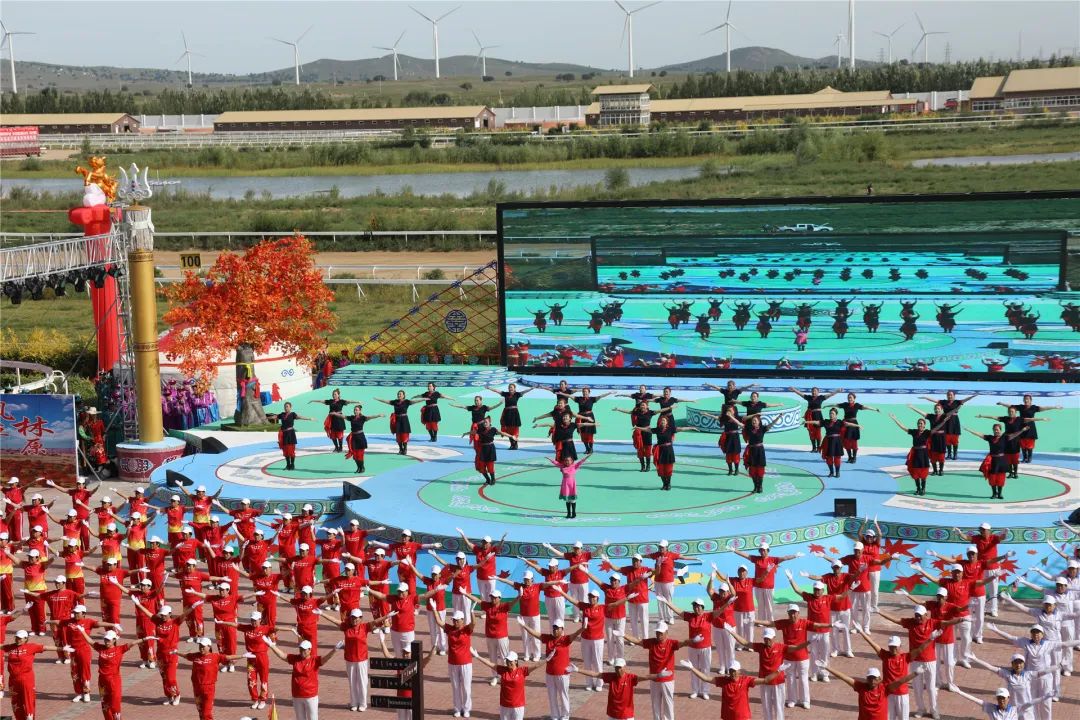




 蒙公网安备15052402000126号
蒙公网安备15052402000126号


发表评论